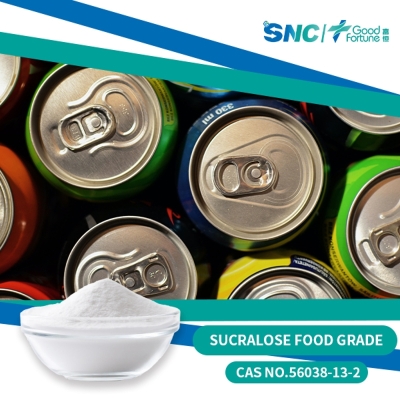-
Categories
-
Pharmaceutical Intermediates
-
Active Pharmaceutical Ingredients
-
Food Additives
- Industrial Coatings
- Agrochemicals
- Dyes and Pigments
- Surfactant
- Flavors and Fragrances
- Chemical Reagents
- Catalyst and Auxiliary
- Natural Products
- Inorganic Chemistry
-
Organic Chemistry
-
Biochemical Engineering
- Analytical Chemistry
-
Cosmetic Ingredient
- Water Treatment Chemical
-
Pharmaceutical Intermediates
Promotion
ECHEMI Mall
Wholesale
Weekly Price
Exhibition
News
-
Trade Service
In order to scientifically promote the "Three Reductions and Three Health" and help the healthy China action, recently, Kexin Food and Health Information Exchange Center, Chinese Preventive Medicine Association Health Communication Branch, Chinese Preventive Medicine Association Chronic Disease Prevention and Control Branch and Chinese Preventive Medicine Association Food Hygiene The branch and other four institutions jointly issued the "Joint Reminder of "Three Reductions in Science, Emphasis on the Kitchen"
The "Report on the Status of Nutrition and Chronic Diseases of Chinese Residents (2020)" shows that unhealthy lifestyles are still widespread among Chinese residents.
Long-term high-salt, high-oil, and high-sugar diets are important risk factors for diseases such as hypertension, hyperlipidemia, and obesity, and also increase the risk of cardiovascular and cerebrovascular diseases, diabetes, and certain cancers
It is estimated that more than half of the salt and oil in the diet of Chinese residents come from the kitchen, and cooking sugar is also one of the important sources of added sugar intake
Kitchen Salt Reduction Tips: Reduce Salt and Control Salt
Ø Sodium in salt is an indispensable element for regulating the physiological functions of the human body and plays an important role in maintaining normal physiological and biochemical activities and functions in the body.
Ø Reducing cooking salt by 5-10% usually does not have a significant impact on the taste of dishes[1], and helps people gradually adapt to and develop a light and low-salt diet;
Ø The use of limited salt spoons[2], low-sodium salt, reduced-salt soy sauce, etc.
Ø Cleverly select natural ingredients and seasonings to enhance flavor and freshness, which helps to reduce the use of salt while increasing the diversity of food[3]
Ø Control the intake of salt, and at the same time pay attention to reducing the intake of "invisible salt", such as noodles, bread, biscuits and other foods
Kitchen Oil Reduction Tips: Use Quantitative Oil
Ø The oil control pot with scale can help people understand the amount of daily cooking oil.
Ø Excessive intake of saturated fat is not good for health.
Ø Although oil is the carrier of flavor and taste, it is recommended that you eat less heavy oil dishes, and mainly dishes with less oil or no oil;
Ø Control the intake of cooking oil, it is recommended to use more cooking methods such as steaming, boiling, blanching and cold mixing, and less frying methods;
Ø Vegetable soup or soup dishes are rich in flavor, but it should be noted that there may be more oil slicks in them
Sugar Reduction Tips in the Kitchen: Control Sugar
Ø Many traditional dishes contain a lot of sugar, such as sweet and sour pork ribs, braised pork, sweet potatoes, pot-wrapped meat, etc.
Ø Cooking at home should consciously control the use of sugar, such as cooking, porridge or soy milk should add less or no sugar;
Ø Skillfully use fruits to bring sweet taste to dishes, such as adding sweet fruits when cooking dishes, thereby reducing the use of sugar in dishes;
Ø Pay attention to the "invisible sugar" in the kitchen, such as ketchup, salad dressing, sweet sauce, jam and other sugary sauces;
Ø For those who need to reduce sugar, they can use sweeteners such as xylitol and erythritol instead of sugar when cooking
Eating Out Tips: Smart Choices
Ø Order food reasonably according to the number of people dining together to promote health and reduce waste;
Ø Pay attention to the combination of meat and vegetables, mainly light-taste dishes, supplemented by heavy-taste dishes;
Ø Choose boiled water and tea as beverages, such as beverages, it is recommended to choose small packages or low-sugar and sugar-free beverages, and fresh fruits can be used instead of desserts;
Ø When ordering takeout, you can ask the merchant to put less salt, oil and sugar
The joint initiative proposes that everyone should be the first person responsible for their own health
(Jiang Mei)
Responsible editor: Zhao Yangyi Review: Zheng Ying







